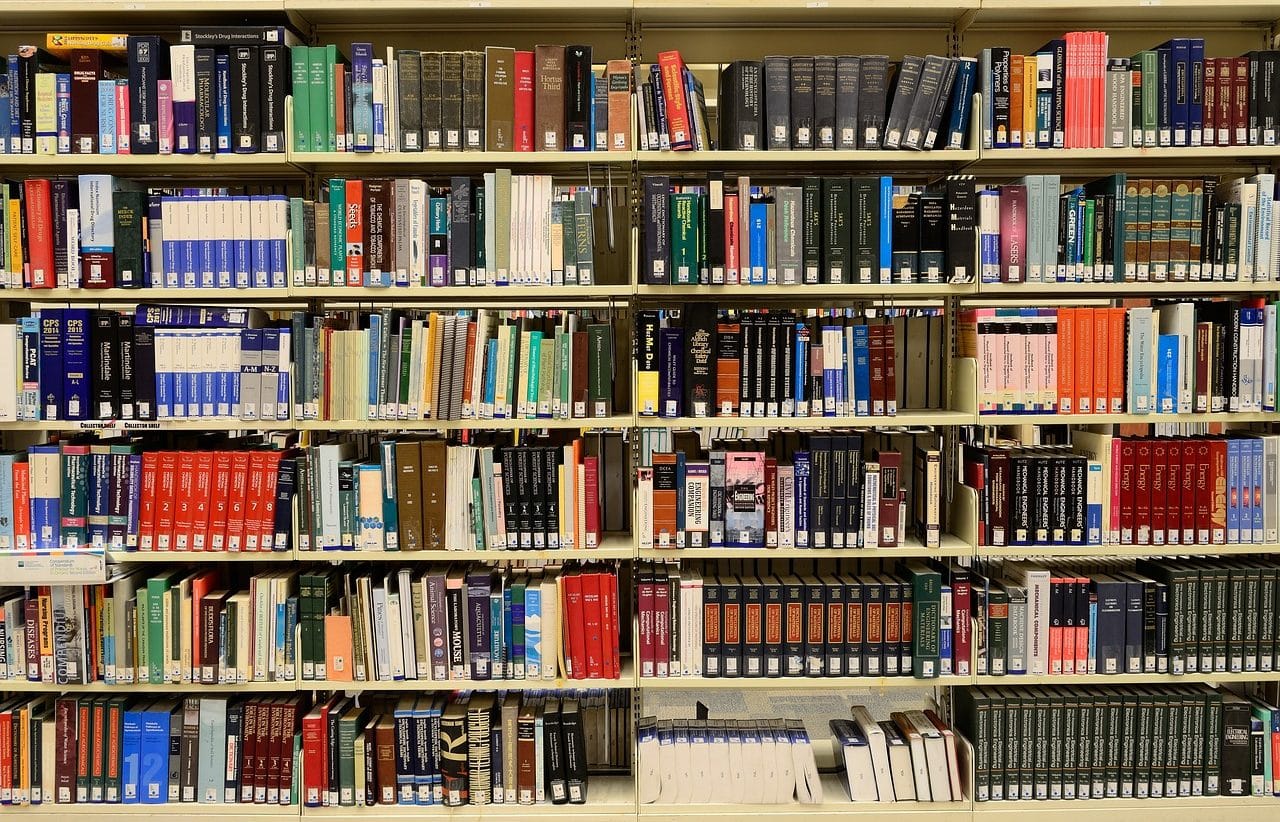
Librarianship is dedicated to the study of libraries.
Librarianship is the discipline focused on the study of the different characteristics and properties of libraries . Sometimes the term is used as a synonym for library science , although the Royal Spanish Academy ( RAE ) indicates that the latter concept specifically refers to the organization, management and maintenance of libraries.
It should be remembered that a library is an entity dedicated to the purchase, storage, study and lending of books and other types of documents . The expert in library science, known as a librarian , is the professional whose role consists of the administration of these institutions.
The etymology
To fully understand the term librarianship, it is necessary to discover its etymological origin. In this case, we can say that it is a word that derives from Greek, since it has been formed through the sum of several elements of said language:
- The noun biblion , which can be translated as "book" .
- The word tekhe , which is synonymous with "box" or "space where it is kept."
- The suffix -logy , which is used to indicate "science that studies" .

The library science expert is trained to manage the collection of a library.
Characteristics of librarianship
Library science is part of the social sciences and is a multidisciplinary specialization. It covers different issues linked to education, information and communication technologies ( ICT ), management tools and the preservation of documentation.
Among the many tasks carried out by the library science expert, we can highlight the following:
- Collect all the information and documentation that is disordered and dispersed in order to classify, catalog and index it properly.
- You can organize and manage all types of libraries, whether specific, general, documentation, public, private...
- Select the material you work with based on the users' needs.
- Responds to queries made by users.
- Appropriately manages and organizes the loan service of various bibliographic material.
- It is responsible for designing the set of databases.
- Proceed to gather, care for and protect the different historical material that you may have. This involves evaluating it properly, making copies, keeping it in the best conditions and advising those who carry out studies regarding it.
Information management
Thanks to library science, it is possible to create models and systems that allow information (documents and books) to be organized in such a way that people have easy access to it.
One of the keys to librarianship is knowledge management . In recent decades, digitization became a central issue in this science since it allowed data to be organized in a more efficient way. That is why today all libraries have databases that are digital and that can be consulted and managed through a computer (a computer).
Beyond the digital, librarianship also contemplates the organization and classification of physical documents (books, newspapers, magazines).
